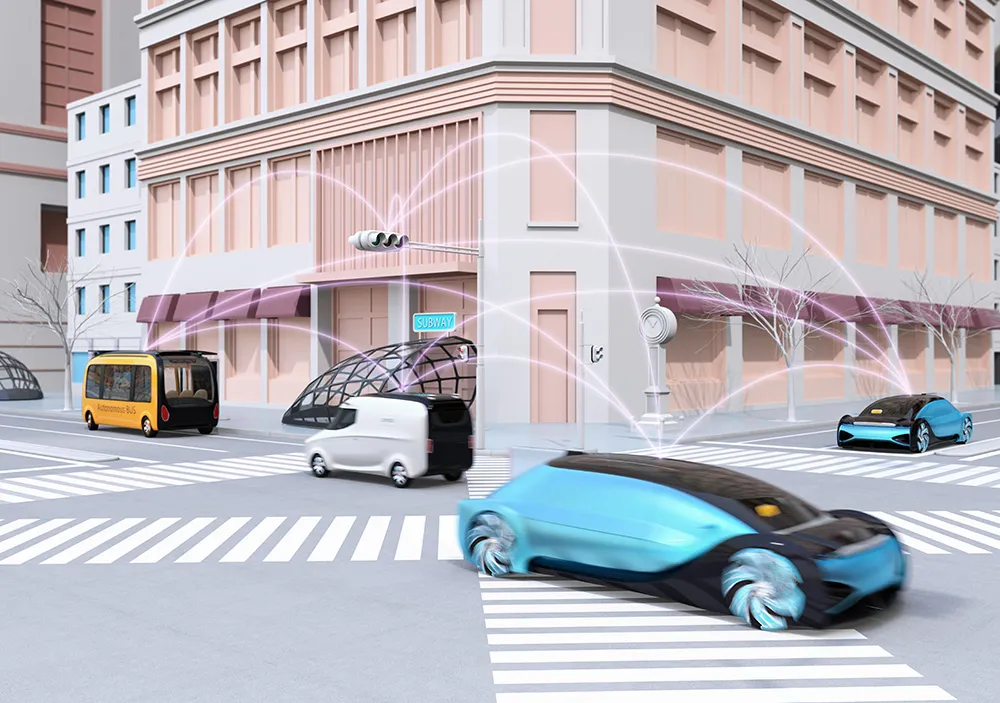Nettropolis and the MobiCloud consortium are to deploy innovative mobile cloud services for the Karlsruhe Public Transport Authority (Verkehrsbetriebe Karlsruhe or VBK), as part of the MobiCloud project, an initiative funded by the European Commission under the ICT Policy Support Programme (PSP) Competitiveness and Innovation framework Programme (CIP). The MobiCloud platform aims to make public transport greener, safer and more efficient by using standard smartphones and tablets to improve coordination betw
April 9, 2013
Read time: 2 mins
Nettropolis and the MobiCloud consortium are to deploy innovative mobile cloud services for the Karlsruhe Public Transport Authority (Verkehrsbetriebe Karlsruhe or VBK), as part of the MobiCloud project, an initiative funded by the 1690 European Commission under the ICT Policy Support Programme (PSP) Competitiveness and Innovation framework Programme (CIP).
The MobiCloud platform aims to make public transport greener, safer and more efficient by using standard smartphones and tablets to improve coordination between staff.
The VBK deployment provides a suite of cloud applications for mobile control centre staff and field staff involved in vehicle operations, to deliver: operational cost savings; shorter passenger journeys; better compliance through improved fault attribution; improvements to cleanliness through incident reporting; better informed staff; improved customer satisfaction.
Dr Walter Casazza, CEO of VBK, commented: “Efficient and fast information flow is essential for safety and incident management. Not only will passengers benefit through improved information on traffic disruptions, but also vehicle operations teams by accessing real time information. We are delighted to team up with Nettropolis to upgrade our mobile application with the latest technologies, and to develop new features for our company.”
Nettropolis’ head of development Holger Kammerer commented “Using MobiCloud will enable us to focus on delivering the business logic to meet VBK's goals – to optimise processes and reduce workload for all stakeholders.”
The MobiCloud platform aims to make public transport greener, safer and more efficient by using standard smartphones and tablets to improve coordination between staff.
The VBK deployment provides a suite of cloud applications for mobile control centre staff and field staff involved in vehicle operations, to deliver: operational cost savings; shorter passenger journeys; better compliance through improved fault attribution; improvements to cleanliness through incident reporting; better informed staff; improved customer satisfaction.
Dr Walter Casazza, CEO of VBK, commented: “Efficient and fast information flow is essential for safety and incident management. Not only will passengers benefit through improved information on traffic disruptions, but also vehicle operations teams by accessing real time information. We are delighted to team up with Nettropolis to upgrade our mobile application with the latest technologies, and to develop new features for our company.”
Nettropolis’ head of development Holger Kammerer commented “Using MobiCloud will enable us to focus on delivering the business logic to meet VBK's goals – to optimise processes and reduce workload for all stakeholders.”









